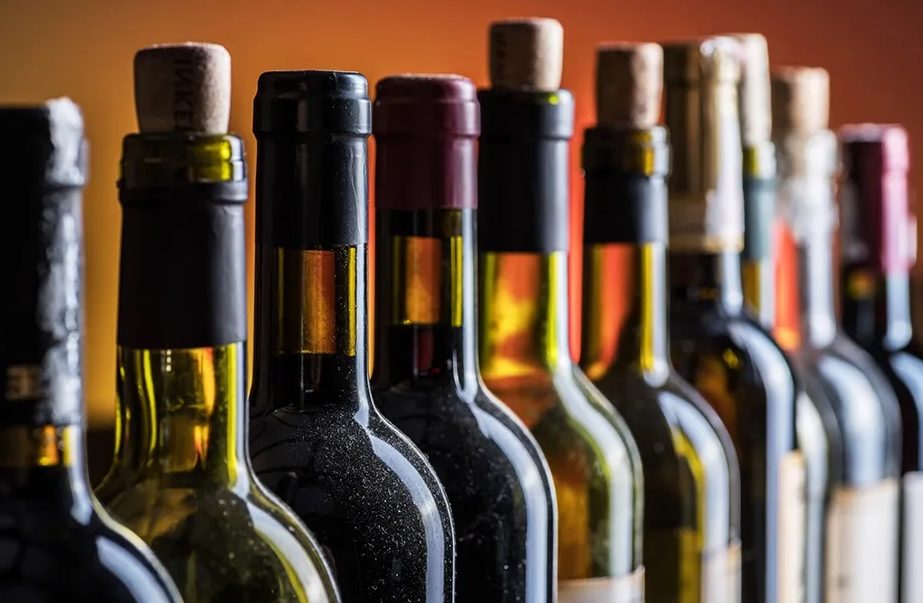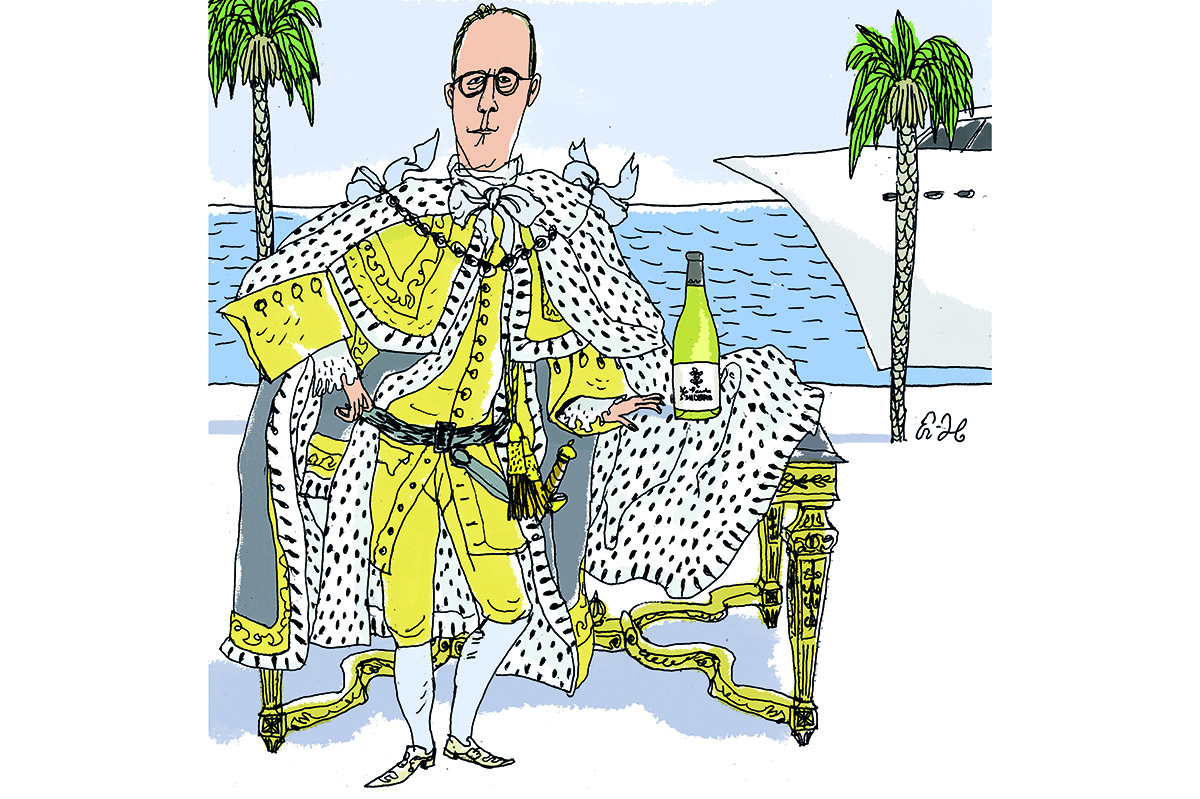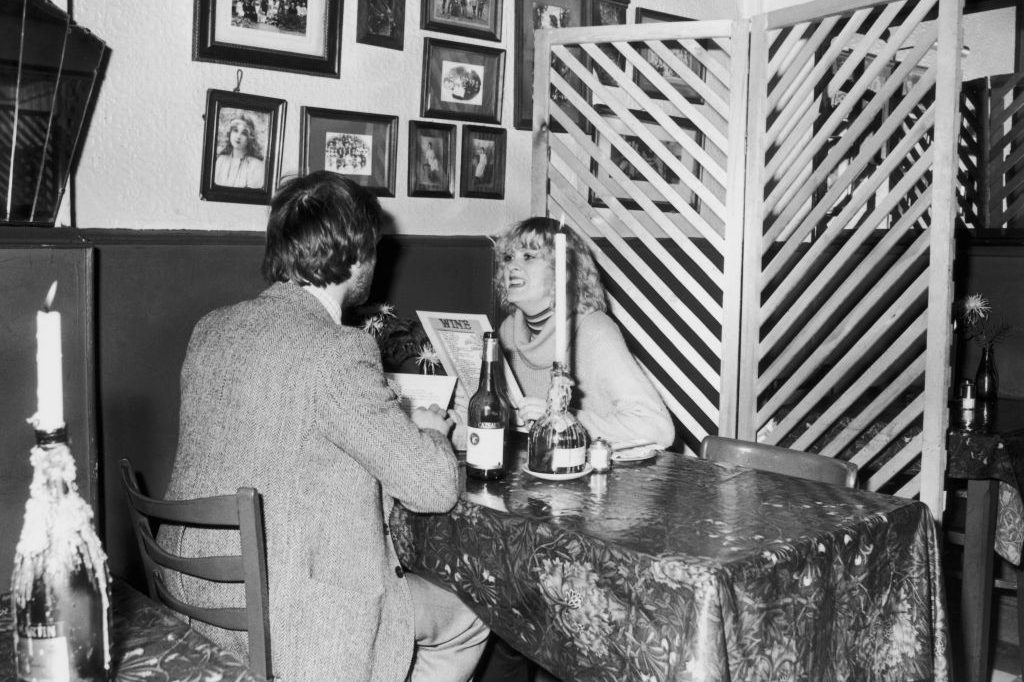My New Year’s resolution is to cut down on my drinking. I’m not talking about bringing it within the medically recommended limit, obviously. I’ve never met anyone who confines their alcohol intake to fourteen units a week, which amounts to a bottle and a half of wine, ideally spread over many days. I’m thinking of something more in the region of two bottles a week.
Why not simply stop altogether? Partly because I’ve tried that before and don’t have the willpower. The longest stretch I’ve gone without a drink was in the two years leading up to my marriage in 2001, because I didn’t think Caroline would go through with it if I didn’t take the pledge. But I started again on my wedding day and since then, the best I’ve managed was to give up drinking for Lent a few years ago.
If I’m only allowed 100 bottles of wine a year, why waste any of my quota on the bad stuff?
The other reason is that as I’ve got older I’ve acquired a taste for fine wine — especially good claret. On Christmas Day I opened a bottle of 2010 Grand-Puy Lacoste and the thought of never being able to taste such good wine again is too depressing.
Last year, I resolved not to drink for three days a week and downloaded app called “Drink free days” (sponsored by Britain’s National Health Service) to help me stay on track. You click on the days you manage to abstain and at the end of each week, if you’ve met your target, the app congratulates you. I cheated a little by abstaining for most of January and then treating it like a reserve that I could draw down on for the following eleven months. Nevertheless, I did manage 156 alcohol-free days over the course of the year.
I’ve been toying with the idea of upping that to four days a week, but the problem with this approach is that you tend to binge drink on those days you’ve given yourself permission to indulge. The app has become a proxy for a finger-wagging scold and because I’m naturally rebellious, I cannot help but take advantage of this apparent loophole. “There’s one in the eye for you,” I tell my phone as I glug down another glass. I generally regret this the next day, particularly if I’ve been out and about. One of the low points of the year was having to be helped into a taxi by a friend, passing out on the way home and then requiring the assistance of two of my children to convey me into the house.
An alternative would be to limit myself to 100 bottles a year and tick them off as I drink them, perhaps allowing myself ten over the Christmas period. One advantage of this is that I might drink less on nights out, thereby avoiding a repeat of last year’s embarrassment. I drink good wine at home, mediocre wine in restaurants and absolute gut rot at parties. If I’m only allowed 100 bottles a year, why waste any of my quota on the bad stuff? My problem is that once I’ve consumed a certain amount I don’t have an off switch, but if I’m disciplined about sticking to the 100-bottle limit I would at least have a strong motive for stopping. The only downside I anticipate is offending my hosts at dinner parties by insisting on examining the label of the wine they’re serving and rejecting it as not “quota worthy” if it isn’t a grand cru.
I have another reason for cutting down, apart from wanting to avoid getting drunk. When I turned sixty last October, an older friend of mine told me I’d reached a fork in the road. I could either stop drinking entirely, in which case the next fifteen years could be one of crowning achievement, or I could carry on as I am, which would mean an accelerating descent into decrepitude. The gist of his advice was that you need to take care of your brain once you reach your sixties; the days when it effortlessly regenerates after a night on the tiles are over.
He’s right, obviously. I’ve seen enough men in their sixties and seventies who’ve succumbed to alcohol to recognize the truth of this. They’ve either retired, or have much lighter workloads, so get through a couple of bottles at lunchtime, doze in the afternoon, then start drinking again in the evenings. Quite a nice life in some ways, but I know it would make me unhappy. My Protestant work ethic is such that if I don’t put in at least six hours a day, a feeling of self-loathing begins to come over me. But the prospect of becoming a teetotaler is so bleak, I’m going to see if I can moderate my intake first.
Wish me luck. And if any Spectator readers of a similar age and temperament have discovered a successful solution to this problem, short of total abstinence, please email me at realtobyyoung@gmail.com and let me know. I’m doing Dry January again so have a few weeks before I need to put a new plan in place.
This article was originally published in The Spectator’s UK magazine. Subscribe to the World edition here.


























Leave a Reply